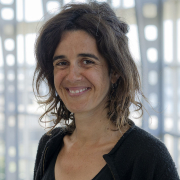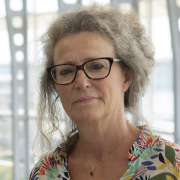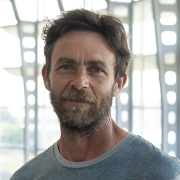Copyright : Laboratoire LEMAR- 2018
Valérie ALLAIN (CPS)
European
BEST2.0
Start Date
03/04/2025
End Date
03/04/2025
The objective of the project is to provide support to partners for decision-making on the management and conservation of biodiversity in ocean ecosystems, through 3 themes: 1) acquisition of new knowledge; 2) capacity building; 3) knowledge synthesis and guidance.
- Acquisition of new knowledge through field work to partially fill the lack of knowledge on the biodiversity of the pelagic ecosystem of New Caledonia and Wallis and Futuna: sea campaigns, seabird tagging and genetic barcoding. A campaign in each territory (New Caledonia, Wallis and Futuna), providing information on ocean physics and chemistry, phytoplankton, zooplankton and micronecton (distributions, biomass, species, isotopes, mercury), the micronecton being the food of large predators in the open sea, and aiming to better understand the functioning of the food web. Seabird tagging (shearwaters and petrels) that can be used as indicators of areas of high marine biodiversity, and the presence of micronecton. The food web will be studied from their regurgitates, analyzed for mercury and stable nitrogen and carbon isotopes. Genetic barcoding will make it possible to study the biodiversity of the micronecton by creating a reference database of the DNA of its organisms, which are very poorly represented in genetic databases.
- Capacity building. Our objective is to transfer the knowledge acquired through the training of students and the dissemination of information to the general public and institutions in the territories.
- Synthesis of knowledge and guidance. In this third part of the project, the aim will be to synthesize all the knowledge collected in order to give our partners the tools they need to make informed decisions on the management and conservation of pelagic ocean resources.










